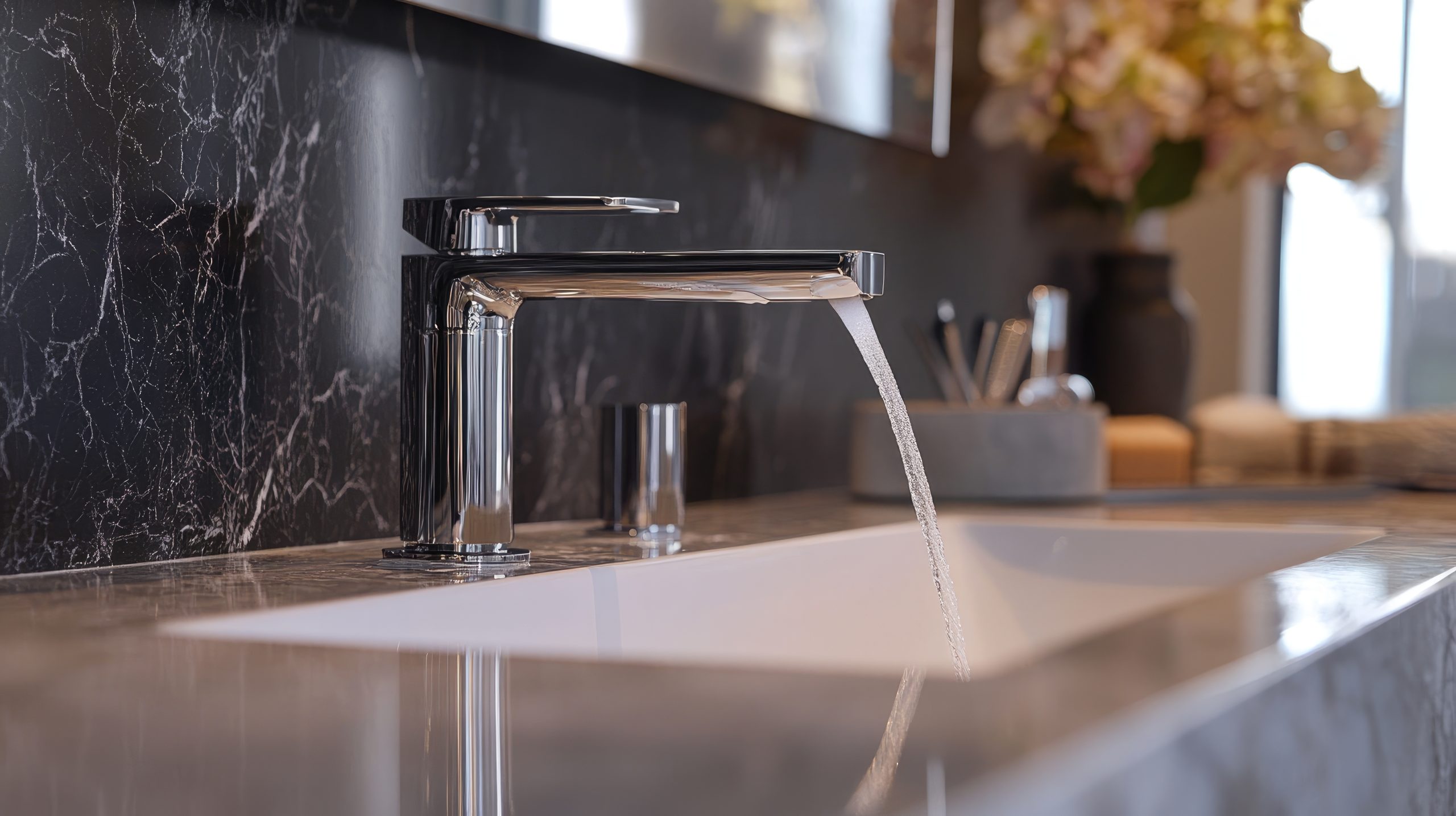Top 5 Residential Plumbing Issues Homeowners Face and How to Handle Them

Five Most Common Residential Plumbing Issues and How to Fix Them
Plumbing problems are an inevitable part of homeownership, but knowing how to address them can save time, money, and frustration. Some issues are easy DIY fixes, while others require a professional plumber. Below, we’ll explore the five most common plumbing problems, provide preventative maintenance tips, and help you determine when to call in an expert.
1. Dripping Faucets
A dripping faucet is not just an annoyance—it can waste gallons of water and increase your water bill.
Common Causes:
-
Worn-out washers or O-rings
-
Corroded valve seat
-
Improper faucet installation
DIY Fix or Call a Pro?
This is typically a DIY repair. Most homeowners can replace a washer or O-ring with a wrench and some basic tools. However, if corrosion is involved, a plumber may be necessary.
Preventative Maintenance:
-
Avoid excessive force when turning off faucets.
-
Inspect washers and O-rings annually for wear.
-
Use water softeners if you have hard water to prevent corrosion.
2. Slow or Clogged Drains
Clogged drains in sinks, tubs, or showers are one of the most common household plumbing problems.
Common Causes:
-
Hair, soap scum, or grease buildup
-
Foreign objects like wipes, cotton swabs, or food scraps
-
Tree roots invading outdoor pipes
DIY Fix or Call a Pro?
For minor clogs, different clogged drain solutions exist like a plunger, drain snake, or a homemade baking soda and vinegar solution may do the trick. However, if multiple drains are clogged or you notice foul odors and gurgling sounds, a plumber may be needed to clear deep blockages.
Preventative Maintenance:
-
Use drain strainers to catch debris.
-
Avoid pouring grease down kitchen sinks.
-
Regularly flush drains with hot water and vinegar.
3. Running Toilets
A running toilet can waste hundreds of gallons of water per day, leading to high utility bills.
Common Causes:
-
Faulty flapper valve
-
Misaligned float
-
Sediment buildup affecting the fill valve
DIY Fix or Call a Pro?
Most running toilet issues are DIY-friendly. Replacing a flapper valve or adjusting the float is simple and inexpensive. If the issue persists after replacing parts, a professional plumber can diagnose and fix hidden leaks.
Preventative Maintenance:
-
Regularly inspect and replace the flapper valve as needed.
-
Check for silent leaks by adding food coloring to the tank—if the color seeps into the bowl without flushing, you have a leak.
-
Avoid using drop-in bleach tablets that can degrade toilet components.
4. Low Water Pressure
Low water pressure can be frustrating and make everyday tasks like showering or washing dishes difficult.
Common Causes:
-
Mineral buildup in pipes or faucet aerators
-
Pipe leaks or corrosion
-
Municipal water supply issues
DIY Fix or Call a Pro?
If only one fixture has low pressure, cleaning or replacing the aerator is a simple fix. However, if multiple fixtures are affected or you suspect a pipe leak, it’s time to call a plumber.
Preventative Maintenance:
-
Clean faucet aerators regularly.
-
Check for hidden leaks by monitoring your water bill.
-
Install a water softener if you have hard water.
5. Water Heater Issues
A failing water heater can result in cold showers, discolored water, or even leaks.
Common Causes:
-
Sediment buildup in the tank
-
Faulty thermostat or heating element
-
Leaks from corroded tanks or loose connections
DIY Fix or Call a Pro?
Flushing the tank to remove sediment is a DIY task, but electrical or gas-related repairs should be left to a professional. If the water heater is leaking, it likely needs to be replaced.
Preventative Maintenance:
-
Flush the water heater annually to remove sediment.
-
Check the pressure relief valve for proper function.
-
Insulate the tank to improve efficiency.
Final Thoughts
Plumbing issues can range from minor inconveniences to major emergencies. By staying proactive with regular maintenance, homeowners can prevent many of these common problems. While some repairs are simple DIY fixes, others require professional expertise to avoid costly mistakes.
When in doubt, it’s best to consult a licensed plumber to ensure your home’s plumbing system remains in top shape. If you're experiencing persistent issues, don’t hesitate to seek expert advice before small problems turn into major repairs.
Have you encountered any of these plumbing issues? Let us know in the comments how you tackled them!